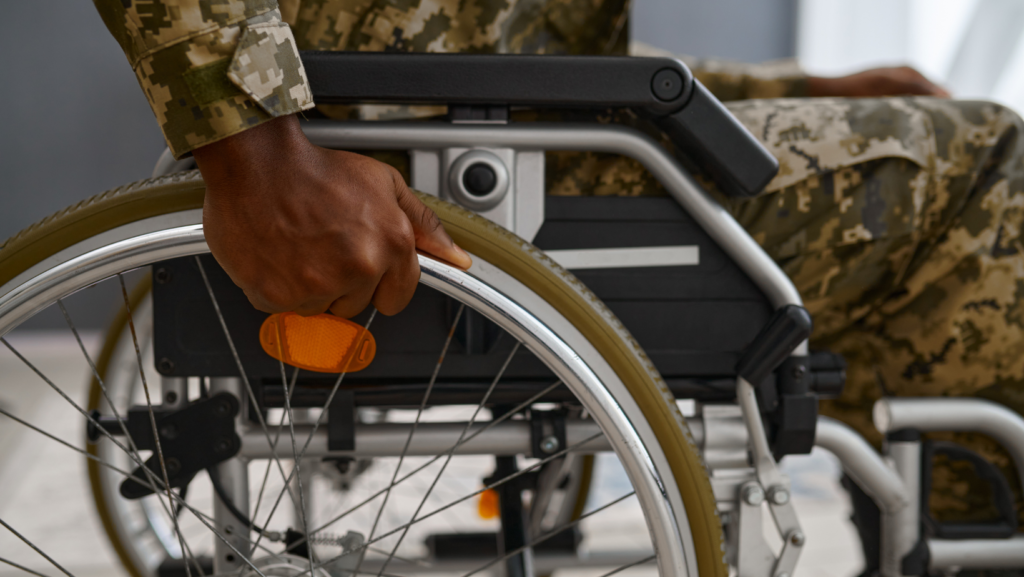FREE phone consultations! Call 216-544-9472
FREE phone consultations! Call 216-544-9472
Trauma comes in many forms, shapes, and sizes. Some of the most common traumas include acute trauma, chronic trauma, developmental trauma, vicarious trauma, intergenerational trauma, combat trauma, and medical trauma. Getting support is critical in supporting individuals who have experienced trauma / PTSD. Here are some ways in which practitioners provide support:
Establishing a safe and trusting therapeutic relationship: Practitioners create a safe and non-judgmental space where individuals can share their traumatic experiences and emotions. They build trust and rapport with their clients, emphasizing confidentiality and validating their experiences.
Psychoeducation: Practitioners provide information about trauma, its effects, and common reactions. They help individuals understand the impact of trauma on their thoughts, emotions, and behaviors, normalizing their responses. Psychoeducation also includes teaching coping strategies and skills to manage symptoms.
Validation and normalization: Practitioners validate and normalize the individual’s experiences and emotions related to the trauma. They help clients recognize that their reactions are understandable and common responses to traumatic events, reducing any self-blame or shame.
Emotional regulation and coping skills: Practitioners teach individuals coping strategies and techniques to regulate intense emotions associated with trauma. These may include deep breathing exercises, grounding techniques, mindfulness practices, and relaxation exercises.
Trauma-focused interventions: Practitioners may utilize evidence-based interventions specifically designed for trauma, such as Trauma Release Exercises (TRE), and Eye Movement Desensitization and Reprocessing (EMDR). These interventions aim to process and reframe traumatic memories, reduce distressing symptoms, and promote healing.
Managing triggers and flashbacks: Practitioners assist individuals in identifying triggers that activate traumatic memories or lead to distressing symptoms. They work collaboratively to develop strategies for managing and coping with triggers effectively.
Building resilience and post-traumatic growth: Practitioners help individuals develop resilience and foster post-traumatic growth by emphasizing their strengths, promoting self-care practices, and encouraging the exploration of personal values and meaning in life.
Coordinating care: Practitioners may collaborate with other healthcare professionals, such as psychiatrists or medical doctors, to ensure comprehensive care for individuals with trauma. They may also provide referrals to additional resources, such as support groups or community organizations.
It’s important to remember that each Practitioner may have their unique style and approach to supporting individuals with trauma. The therapeutic process is highly individualized and tailored to meet the specific needs of the client.






David is a Core Energetics and Reiki Practitioner, as well as, Life Coach that works with clients to identify blocks and negative patterns of behavior that prohibit them from living their life to it’s fullest.
Energetic Awakenings
North Ridgeville / Avon, OH